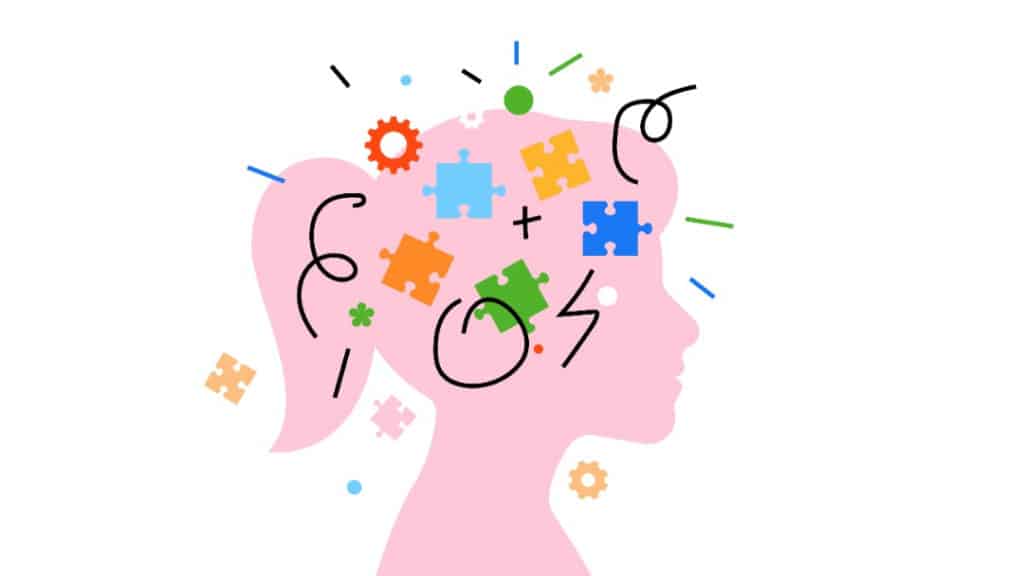
Written by Kate Fisch, LCSW – AVP of Clinical Partnerships, Eating Disorder Network
What Does Biopsychosocial Mean?
There are various factors that contribute to the development of an eating disorder. The easiest way to categorize these factors is by using the Biopsychosocial Model. This model examines the interconnection between biology, psychology, and socio-environmental factors and how they influence diseases, including mental illnesses and eating disorders. Examining these three components and their relation to the development of eating disorders can help us better understand anorexia, bulimia, binge eating disorder, purging disorder, and others.
The Biology Component
The biology piece refers to any predisposing aspects of an individual’s DNA that could cause eating disorder behaviors. One example is genetics. People who have an immediate family member with a diagnosis of anorexia are eleven times more likely to also be diagnosed with anorexia. And individuals with an immediate family member who struggle with bulimia are four times more likely to be diagnosed with bulimia as well. These statistics prove that the hereditary component shouldn’t be overlooked.
Biology can also refer to how our brains are wired to process information. One example is how likely someone is to view something as a threat and the amount of anxiety they experience as a result. Another example is individuals who biologically have a higher tolerance for feelings of hunger or symptoms related to low blood sugar that contribute to sustained food restriction.
The Psychology Component
The psychology component of biopsychosocial refers to the distorted thinking patterns about our bodies and food that perpetuate eating disorder behaviors. It also refers to other psychological issues that sustain eating disorders like anxiety, depression, trauma, grief, and obsessive compulsive disorder (OCD). Co-occurring mental health disorders are common with eating disorders. These diagnoses can begin around the same time as an eating disorder, can precede it, or can surface after the eating disorder has already begun.
According to the National Eating Disorders Association (NEDA), recent research shows that 32-39% of individuals with anorexia, 36-50% of individuals with bulimia, and 33% of individuals with binge eating disorder also have major depressive disorder. Regarding co-occurring anxiety, 48-51% of individuals with anorexia, 54-81% of individuals with bulimia, and 55-65% of individuals with binge eating disorder also have an anxiety disorder.
The Socio-Environmental Component
Finally, the socio-environmental component refers to the messages we receive from our environments about food as well as body shape and size expectations. This can be on a micro-level, including messages an individual receives at home about their appearance or their relationship with food. And it can also include any experiences at home that, over the years, have shaped a disordered relationship with food and/or their body. On a macro-level, the social component refers to the messages we receive from the media, marketing, and advertisements about how we’re “supposed” to look.
Two examples of harmful media are “Pro-ana” and “Pro-mia” sites, which are informal, unofficial collections of websites, blogs, social media accounts, and other online forums promoting the behaviors and faulty thinking associated with eating disorders like anorexia and bulimia. Pro-ana and Pro-mia sites normalize eating disorder thinking and behaviors as “just a way of life”. They even suggest that eating disorders are a “choice” and not a diagnosable mental health disorder. These sites are incredibly dangerous, especially for young, impressionable individuals.
Eating disorders are serious and can be life-threatening if they (and any co-occurring mental health disorders) aren’t addressed and treated. At Toledo Center, we’re here to help. Contact us today if you or your loved one may be struggling with an eating disorder and co-occurring mental health disorder.
Resources:
https://www.nationaleatingdisorders.org/anxiety-depression-obsessive-compulsive-disorder


